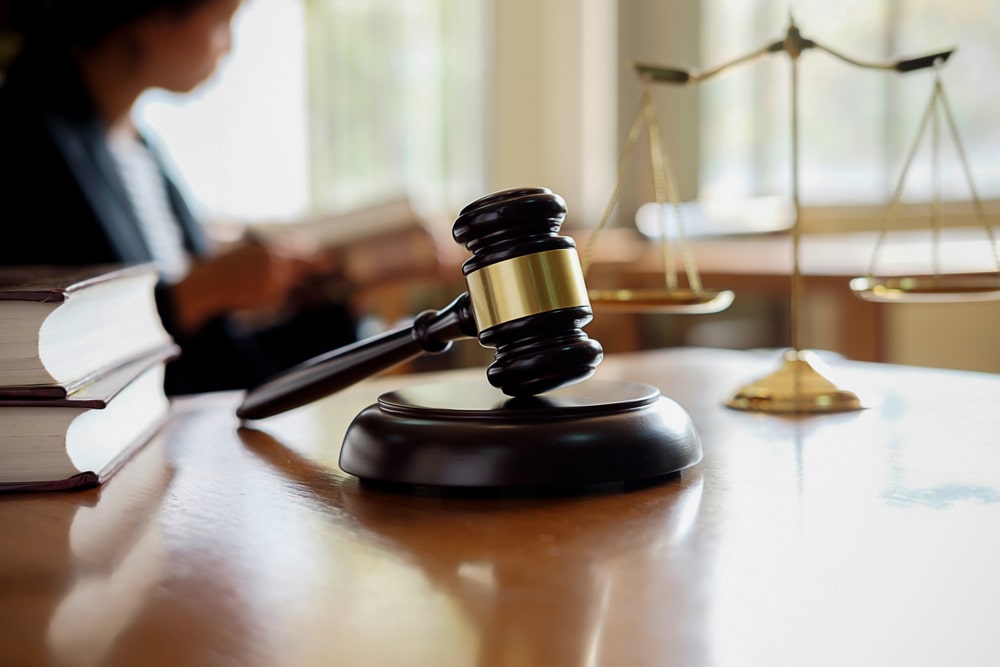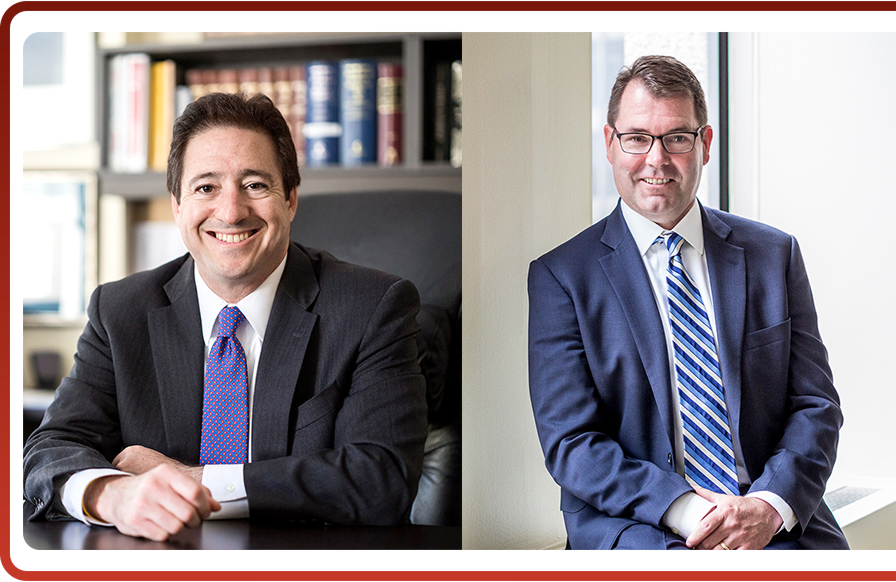
5 Business Law Glossary Terms To Know
When running a company or preparing for growth, having access to clear legal definitions can make a real difference in how you approach decisions. A Washington, DC business lawyer often works with clients who encounter unfamiliar terminology in contracts, partnership discussions, and corporate transactions. We put together this glossary to help break down some of the more commonly used phrases in commercial law so you can feel more confident when reviewing documents or discussing strategy with your legal team.
Strategic Acquisition
A strategic acquisition refers to one company purchasing another with a specific goal in mind beyond simple expansion. The purpose is usually tied to gaining a competitive edge, whether that means eliminating a rival, obtaining proprietary technology, or accessing a new customer base. These transactions can involve stock purchases, asset deals, or cash exchanges depending on the structure that works best for both parties.
What sets a strategic acquisition apart from a standard buyout is the intent behind it. Company B might buy company A not just to grow larger but to secure something particular, like software that company A developed or a warehouse that already has city permits in place. This kind of move can lower production costs by increasing output or by combining operations in ways that create efficiencies. A Washington, DC business lawyer can guide both buyers and sellers through due diligence, contract negotiations, and documentation to protect their interests during these transactions.
Business Succession Plan
A business succession plan is a written framework that outlines how leadership and ownership will transition when someone in a key role leaves the organization. This could happen because of retirement, resignation, illness, or other circumstances. The plan identifies which employees are qualified to step into higher positions and lays out a path for their development over time.
Many people assume succession planning only matters for executives, but it applies at all levels of an organization. A well-designed plan includes mentorship programs, leadership training, and documentation that keeps things running smoothly during a transition. It also helps with employee morale because staff members can see a clear path for advancement. We work with business owners to build these plans in ways that protect both the company and the individuals involved, keeping everything organized from a legal and operational standpoint.
Business Mediation
Business mediation is a process where a neutral third party helps two or more sides resolve a dispute without going to court. The mediator does not make a decision for the parties but instead facilitates conversation and helps everyone reach an agreement on their own terms. This approach tends to be faster and less expensive than litigation, and it keeps the matter private.
Mediation works well for disagreements between partners, contract disputes, or employment issues. Some larger companies even have in-house mediators to handle internal conflicts. Preparation is key, and that means bringing all relevant documents, staying open to solutions you might not have considered, and approaching the process with a willingness to listen. A Washington, DC business lawyer can attend mediation sessions alongside you to protect your legal interests while helping move the conversation toward resolution.
Confidentiality Agreement
A confidentiality agreement, sometimes called a non-disclosure agreement or NDA, is a legal document that restricts what information one party can share about another. These agreements are common in business settings where sensitive data, trade secrets, or client lists might be exchanged during negotiations, hiring, or partnerships.
The document typically defines what counts as confidential, how long the restrictions last, and what happens if someone violates the terms. For example, during discussions about a potential acquisition, both sides might sign an NDA to protect financial records and operational details. We help clients draft and review these agreements to make sure they cover the right information and hold up if a dispute arises later.
Business Formation Structure
Business formation structure refers to the legal setup of a company and how it affects taxes, ownership, decision-making, and personal exposure to risk. Common structures include sole proprietorships, partnerships, limited liability companies, and corporations. Each option has its own advantages depending on the size of the business, the number of owners, and long-term goals.
Choosing the right structure from the start can save time and money down the road. An LLC, for instance, offers flexibility and protection without as many formalities as a corporation. A corporation might make more sense for businesses seeking outside investment. A Washington, DC business lawyer helps clients evaluate their options and complete all required filings so the business is set up correctly from day one.
If you have questions about any of these terms or need guidance on a legal matter involving your company, the team at Brown Kiely LLP is ready to help. Reach out today to schedule a consultation and take the next step forward with confidence.











